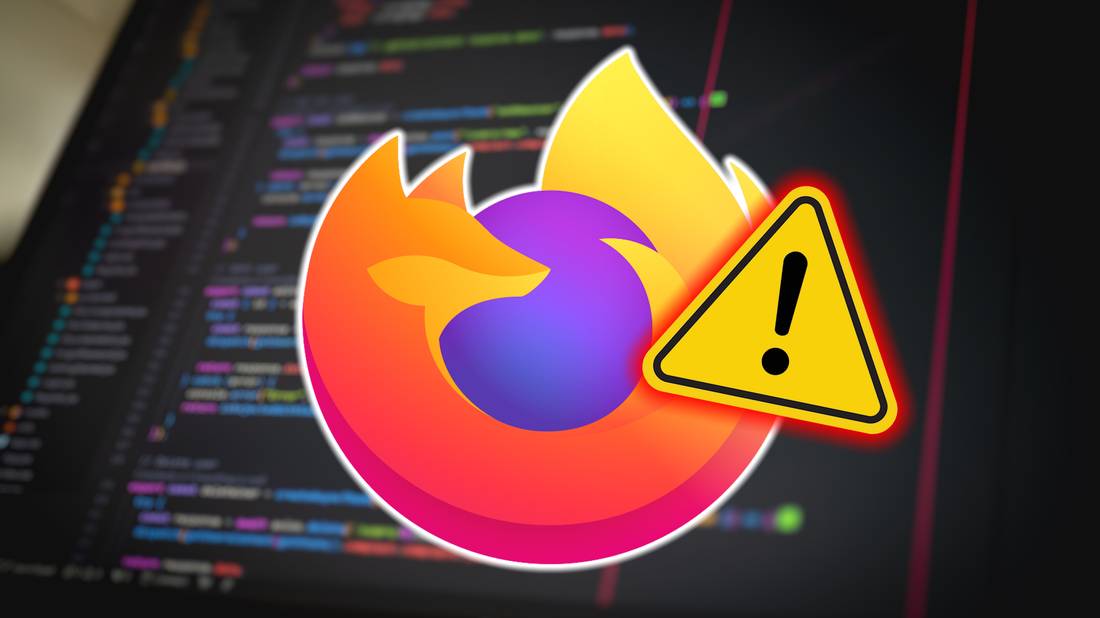Could Google’s push to bake AI into Chrome reignite the browser wars? Mozilla thinks so — and it’s not staying silent. As Google advances its Gemini integration, the Firefox maker is ringing alarm bells about what this means for innovation, competition, and the open web.
This time, the fight isn’t just about speed or features. It’s about who controls the future of web-based AI.
WHAT’S THE NEWS?
Mozilla has officially pushed back against Google’s efforts to embed its Gemini Nano AI model into Chrome via a set of new rowser APIs. These tools — including summarization, proofreading, rewriting, and natural language prompting — are designed to let web developers build AI-powered extensions that tap directly into Gemini, running locally in the browser on supported devices.
Google has already rolled out some of these APIs, such as the Translator and Language Detector, and more are coming. But Mozilla says this is a step too far — arguing that tying these APIs to Gemini effectively gives Chrome an unfair advantage in the emerging AI-powered web.
The shift in tone from Mozilla isn’t new. Developers and browser vendors have been watching these proposals in open standards forums since last year. But Mozilla’s stance hardened last week after internal conversations with Google’s Chrome team failed to address its concerns.
At the heart of Mozilla’s argument is platform neutrality. If AI-based APIs become commonplace — but are tuned to work best with Gemini inside Chrome — then web developers will naturally optimize their apps for that environment. This, Mozilla warns, could degrade experiences in other browsers or even push developers away from them entirely.
Brian Grinstead, senior principal engineer at Mozilla, voiced the concerns in detail. “We could try to work around this by shipping Chrome’s built-in model in Firefox,” he wrote. “But that’s not how the web platform is meant to work.”
Google, for its part, maintains it’s not locking developers into its AI ecosystem. Chrome engineer Domenic Denicola responded that the goal is to keep things open and asked Mozilla for examples of forced Gemini linkages — which Grinstead provided.
Still, Google continues building out these tools, confident that developers and the community will help refine how they evolve.
WHY IT MATTERS
This is more than a browser squabble. Embedding AI directly into the web stack could redefine how users interact with online content. If Gemini becomes the default engine behind Chrome’s reading, writing, and summarizing tools, it could make other browsers feel outdated — or worse, incompatible.
Historically, similar behavior has led to browser monocultures. Think Internet Explorer’s dominance in the early 2000s, when developers built sites that worked only on Microsoft’s browser. Mozilla fears a repeat, especially now that AI capabilities are more central to how people consume and create content.
And there’s money on the line. Firefox earns much of its revenue from its search deal with Google. If regulators force a breakup of Google’s search-browser bundle — as is possible in the U.S. antitrust case — both companies’ business models could shift dramatically.
The outcome will shape not just browser competition, but how the web supports AI features in a way that’s open, secure, and privacy-conscious.
💡 EXPERT INSIGHT
“I think Mozilla’s mission in terms of privacy and choice is going to be even more important when it comes to AI,” said Firefox SVP Anthony Enzor-DeMeo in an interview with The Register. “What I worry a bit about is you’ll have less choice, if everything’s kind of controlled by one entity.”
He emphasized Mozilla’s focus on local models and user agency, noting that some users want AI-assisted tools while others prefer minimal interference.
GAZEON’S TAKE
If browsers become AI platforms, the stakes shift dramatically. This isn’t just a fight over standards — it’s a battle over who shapes the cognitive layer of the internet. Expect more friction ahead as companies, developers, and regulators debate how AI should be embedded into the web.
Mozilla may be the first to sound the alarm, but it likely won’t be the last.
💬 READER QUESTION
Do you think AI should be built into browsers, or kept separate from the core web experience? Let us know what you think.
Featured Image Credit: R.Narong/Nim Studios/Shutterstock
About Author:
Eli Grid is a technology journalist covering the intersection of artificial intelligence, policy, and innovation. With a background in computational linguistics and over a decade of experience reporting on AI research and global tech strategy, Eli is known for his investigative features and clear, data-informed analysis. His reporting bridges the gap between technical breakthroughs and their real-world implications bringing readers timely, insightful stories from the front lines of the AI revolution. Eli’s work has been featured in leading tech outlets and cited by academic and policy institutions worldwide.





















